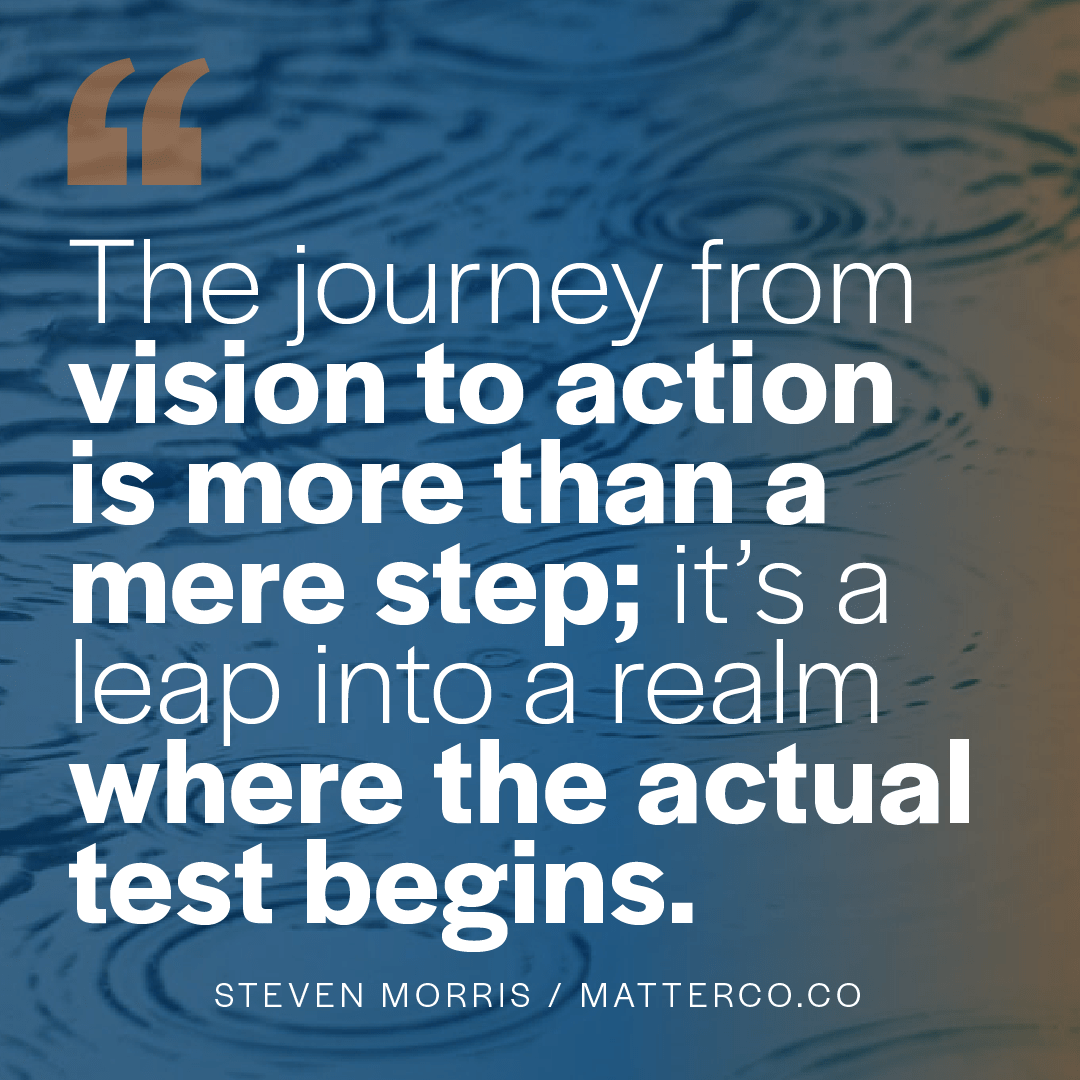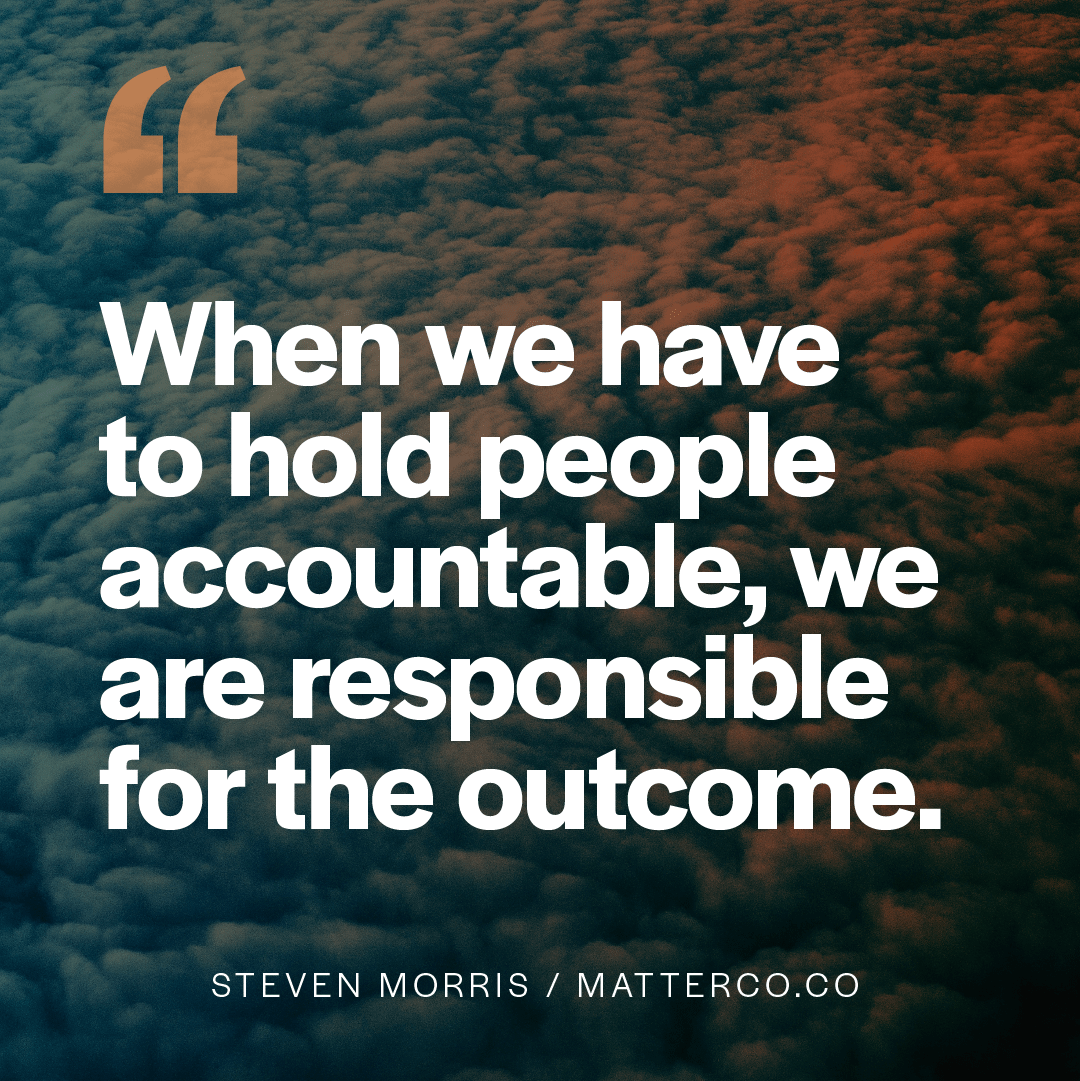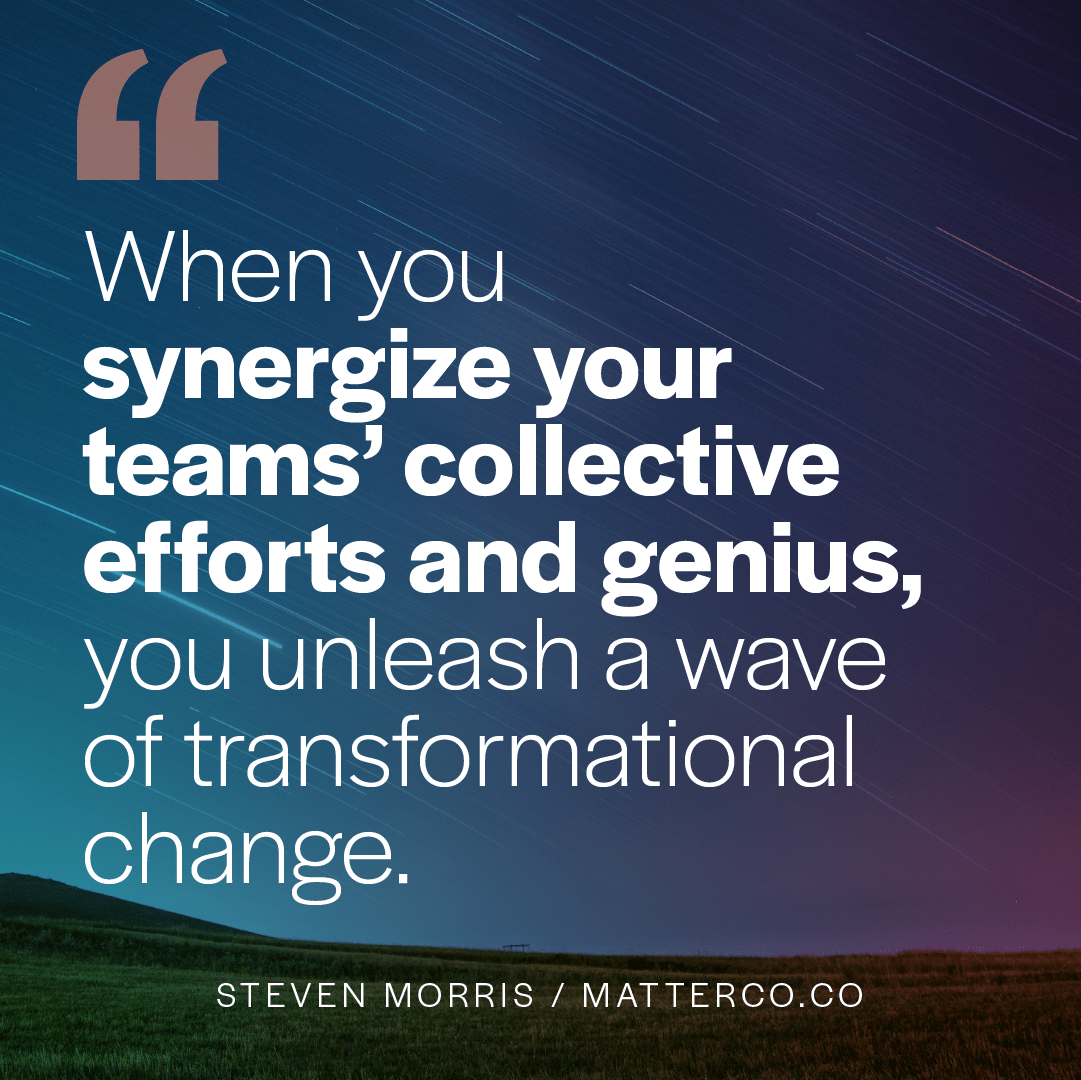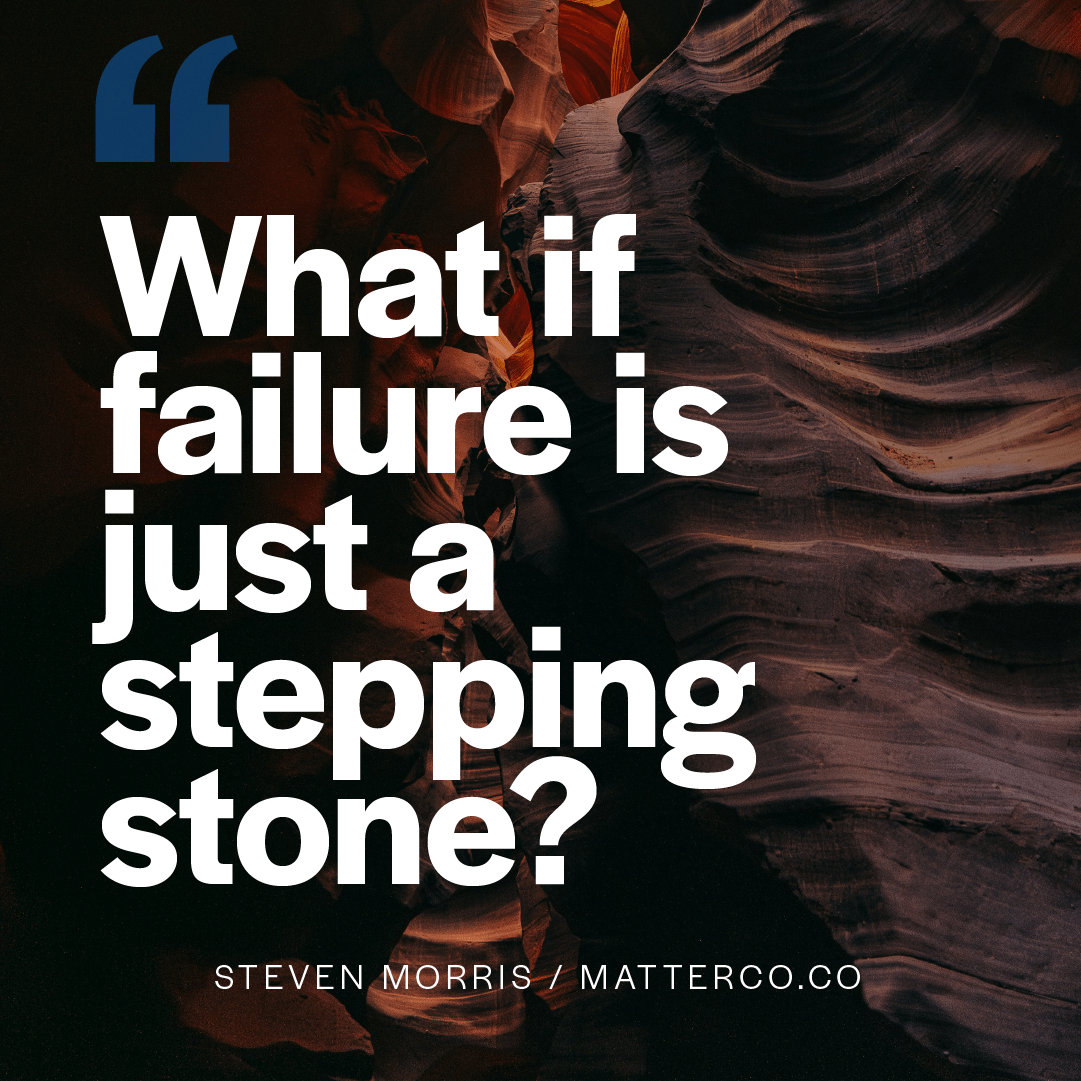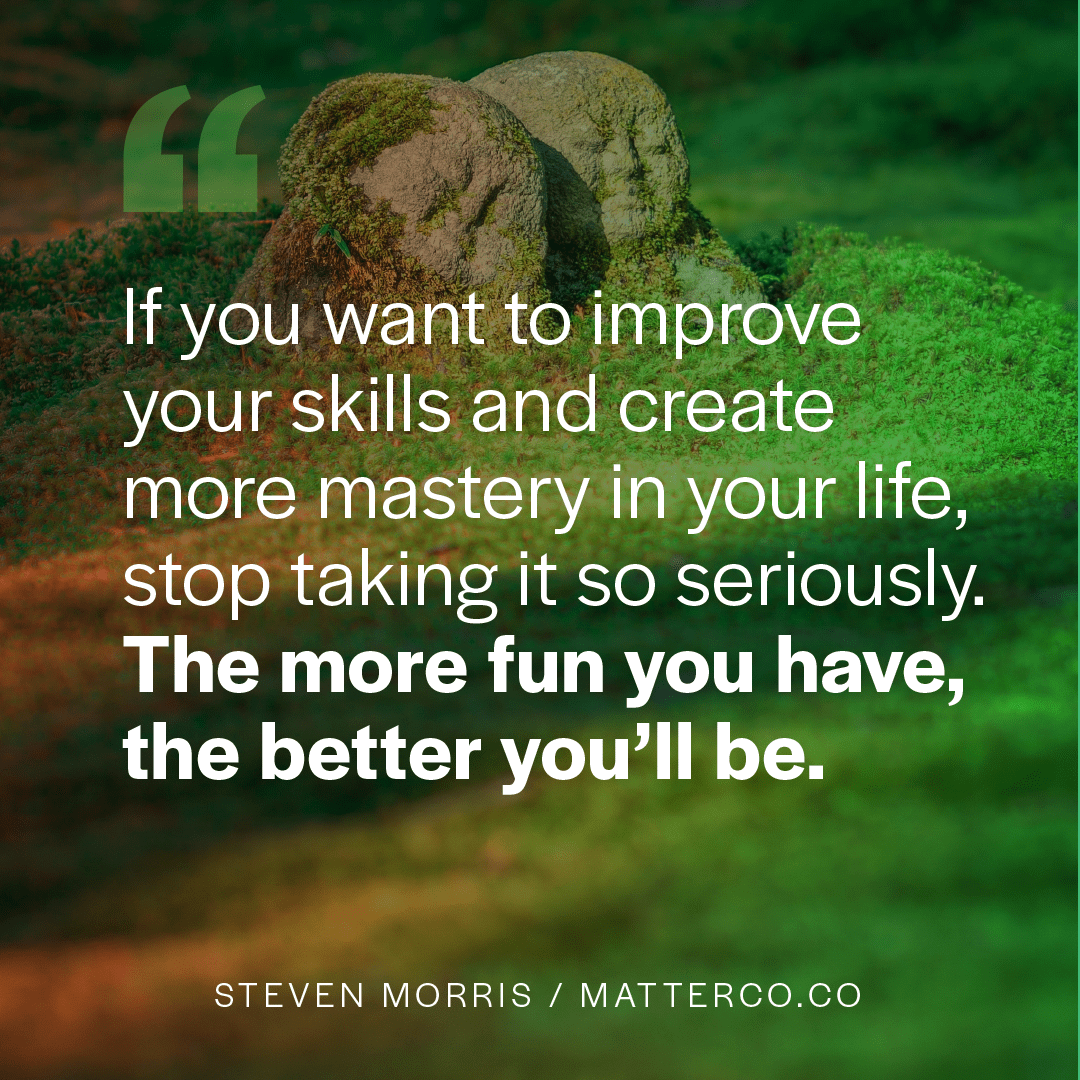
Lightness And Greatness
One client partner I work with has a glass-encased conference room where I’ve run countless whiteboard sessions, workshops, and focus groups. While it’s reasonably soundproof, anyone who walks by can see what’s happening in the room.
During a recent workshop, there was so much laughter that as the CEO walked by, he popped his head in to inquire about joviality. He did so with a smile and, for a moment, joined in the fun.
On reflection, I realized that this tone of joyousness happens frequently with this partner. And, they have a very special culture and brand that competitors have tried to emulate. It’s sort of their not-so-secret sauce.
This got me thinking about the correlation between lightness and greatness.
The ups and downs
It’s well-known that high-stress levels negatively influence our biology, causing the release of the fight-or-flight hormone cortisol. With an imbalance of hormones, our bodies have trouble regulating mood, metabolism, and immune response.
We’ve seen this throughout the Pandemic, and consistently in high-stress environments.
But when we have fun, according to a 2016 study done by scientists at Sahmyook University in Seoul, South Korea, our bodies release the feel-good neurotransmitters dopamine and serotonin, which leads to elevated mood and healthier cell proliferation.
Hormonal balance is crucial for our immune system’s strength and our ability to recover after strenuous work and physical activity, as is cell growth, which helps the kidneys, lungs, and other organs regulate body functions.
Meanwhile, some studies suggest that serotonin released by enjoyable activities could help promote neurogenesis or cell growth in the brain.
Act like a child
The research explained that playing like a kid can help adults live better lives.
A 2013 Swiss study published in the European Journal of Humor Research demonstrated that playful adults lived happier, more satisfying, and healthier lives. During the study, 255 adults were asked to share their interest level in playful activities, then assess the state of their current mental and physical health.
Researchers indicate that playfulness—broadly defined as the ability to elicit delight from a situation—is prevalent in mental activities like playing music or creating artwork, and physical activities like outdoor activities or sports.
The study’s results followed a trend: Adults with little or no interest in mental or physical activity scored low in life satisfaction and psychological wellness.
Those with a clear interest in nonphysical playfulness scored high. Playful adults who were physically active scored the highest.
Play your way to Mastery
If you’ve ever unsuccessfully acquired or become proficient in a new skill, such as a sport or vocational expertise, odds are you weren’t having fun.
Cognitive studies on attitude, mood and emotion in learning reveal that — regardless of the activity — taking a lighthearted approach boosts focus and retention.
When a new learning experience is fun, dopamine increases; as that neurotransmitter circulates in your brain, it improves your mood and enhances your capacity to tune in to big concepts and small details alike.
Here’s a formula to seriously play with:
Lightness (fun, play, laughter) x (dopamine + serotonin) x improves mood = mastery
And there’s a double-bonus reward: additional dopamine is released when you learn more and recognize that you’re learning new skills. And educational games and physical activities engage more of the senses, which activates auditory, kinetic, and other sorts of learning to facilitate retention
For cultures:
Apply and multiply the above formula over the number of team members you have and you’ll see exponential results, personally and professionally.
For brands and marketing teams:
Create customer experiences that infuse fun, play, and experimentation and you’ll get potential customers involved in the joyful delight of your products or services. If you want to improve your skills and create more mastery in your life, stop taking it so seriously. The more fun you have, the better you’ll be.

If you want a more trusting team, a culture of belonging or a magnetic brand that attracts more of the right customers, I can help. If you'd like to explore if working together makes sense, drop me a line.




